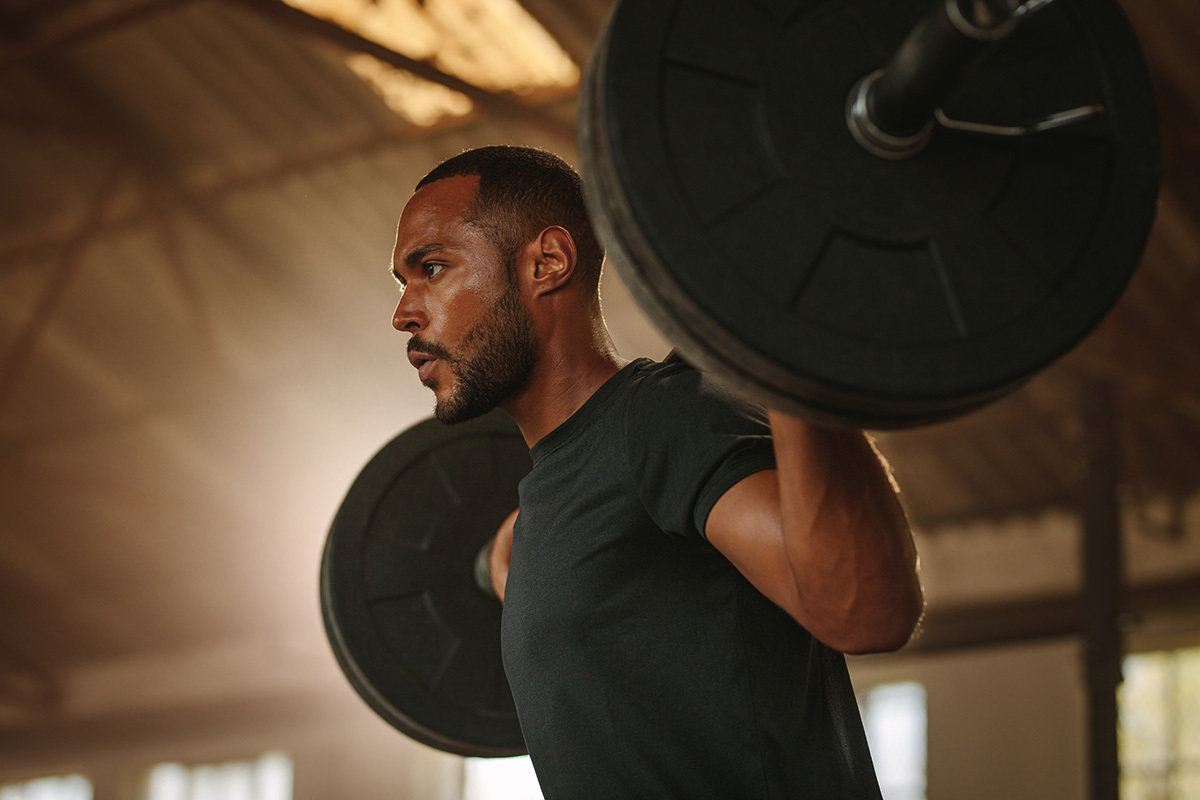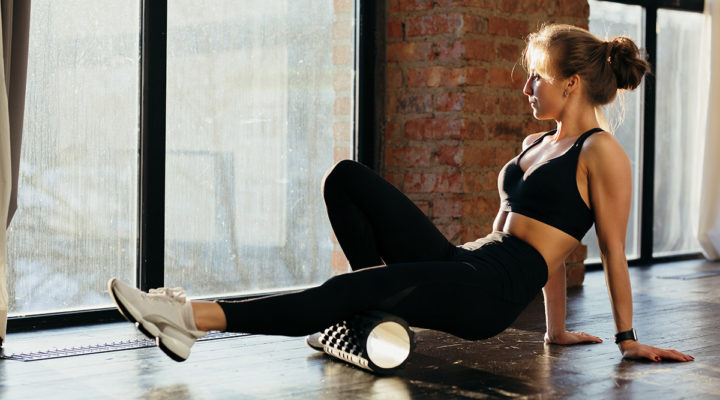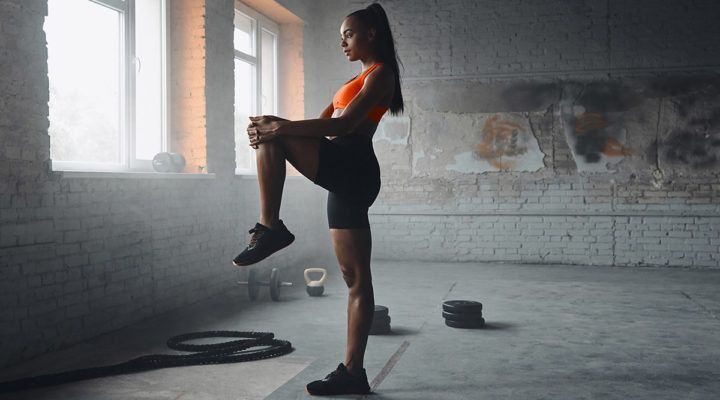6 Common Fitness Mistakes and How to Avoid Them

Mustering up the energy to go to the gym on a regular basis is hard enough as it is. Knowing exactly what to do when you get there is a whole other story.
While any exercise is technically good news for your physical and mental wellbeing, most of us want to make sure we’re reaping the maximum rewards from substituting extra time in bed for an early morning sweat session.
Done correctly, exercise can release feel-good endorphins, build muscle and torch calories, but there’s always the possibility of injuring yourself or going too hard, too fast.
Whether you’re a veteran gym-goer or you’re brand new to the world of fitness, anyone can make mistakes in the gym. To help, we asked personal trainers to share some of the top fitness errors they encounter and how you can fix them going forward.
1. You’re overtraining
Feeling inspired to take on a fitness challenge is great, but pushing yourself to the point of burnout isn’t.
“When you start out in fitness, it’s not uncommon to inadvertently do too much exercise in the gym, as many people are over-enthusiastic,” says Keoghan Bellew, a personal trainer from Fitness Superstore.
Strength training, which has exploded in popularity in the last few years, is a good example. It’s a relatively simple way of exercising that uses resistance training across free weights, fixed weights and weighted gym machines. Still, it can be a major source of confusion for beginners.
“If you’re doing strength training for the first time, you need to ensure that you’re easing yourself in with light weights,” stresses Bellow. “Overtraining won’t actually help you reach your goals faster as you’ll find your muscles burn out or you get injured. Instead, aim for sustainable, enjoyable workout routines that you can do regularly.”
If you’re new to free weights James Barr, a personal trainer from Fitness First, advises starting with bodyweight training to build up your strength: “Practice squats and push-ups to get used to your muscles working against resistance.”

2. You’re neglecting recovery
If you’re looking to get fitter, it’s not just about the exercises you do in the gym, but the time you spend recovering too. Research has found that when we work out, we make tiny tears in our muscle tissue, which is how we adapt and get stronger. Without adequate recovery time, the muscle would continue to rupture, which can eventually result in injury.
“Recovery is important in any training session,” says Claudia Kwayosa, a fitness expert from GlowBar. “Popular rest day recovery techniques include stretching, foam rolling and getting the NHS-recommended eight hours of sleep per night.”
There’s also a growing emphasis on ‘active recovery’. This involves low-intensity exercise between heavier workouts, which can help painful DOMS (delayed onset muscle soreness) by promoting better blood flow and nutrient delivery into areas of the body that are sore. Types of active recovery that are low-impact on your body include things like walking, swimming or yoga.
3. You’re setting unrealistic goals
Setting a fitness goal can be really motivating, but without achievable objectives, you can end up irritated by the lack of results.
“Set attainable, short-term goals as a newcomer in the gym rather than big overarching ones,” stresses Bellew. “Short-term goals will offer you a sense of achievement when you meet them and will help you to stay motivated.”
Rather than aiming for a full marathon as a beginner runner, break down the goal into smaller milestones that you can celebrate as you achieve them, helping you to stay motivated towards the bigger picture.
4. You’re not tracking your progress
Tracking your progress can be a useful way to keep you on task when you start out on your workout journey. It can also help you to change the intensity, volume, weight, and exercise variation in your workouts so you avoid plateauing.
“Failure to track your progress makes it difficult to determine if you’re making gains and where you need to adjust your routine to improve,” says Kwayosa. “Noting down small progress milestones and short-term goals can also help you tweak your workouts accordingly along the way to ensure that they are the best ones for your fitness aspirations.”

5. You’re failing to warm up
When you’re eager to start your workout, or if you’re feeling self-conscious about being in the gym, it can be tempting to skip a warm-up.
“Your initial instinct might be to head straight to the treadmill or weight machine and start exercising at full pelt,” says Barr. “However, warming up properly is the most important part of any workout.
“Stretching and raising your heart rate loosens your muscles and prepares your body for the demands you’re about to put on it. If you start working your muscles without warming up, you risk injuries and painful cramps.”
6. You’ve skipped the gym induction
Contrary to popular belief, a gym induction isn’t just a formality that you don’t really need to bother with.
“A gym induction is a brief tour of the gym facilities that covers how to use the machines, as well as gym etiquette,” explains Barr. “Although you might feel embarrassed asking for an induction or being shown around in front of other gym-goers, it’s very common and can be the key to getting started on the right foot. “
An expert can also assess your form during an induction. Bad technique can lead to some pretty serious injuries, so it pays to get the movements right from the beginning.
“Gym staff will usually always be happy to help and will have advice on the correct form for exercises and machines which could save you a lot of wasted time,” adds Barr.
Finally, when it comes to fitness, you shouldn’t suffer just to get the results you want – it’s important to find the types of exercise you enjoy. A PT can help you to build a routine using equipment, machines and disciplines you love so you can sustain your training throughout the year.


















